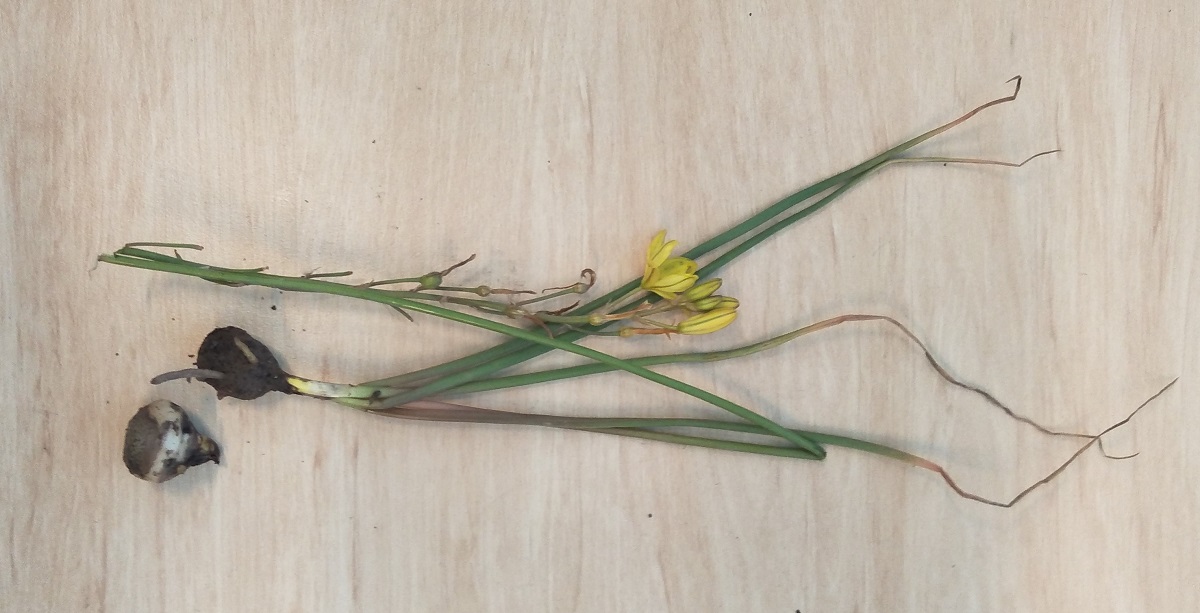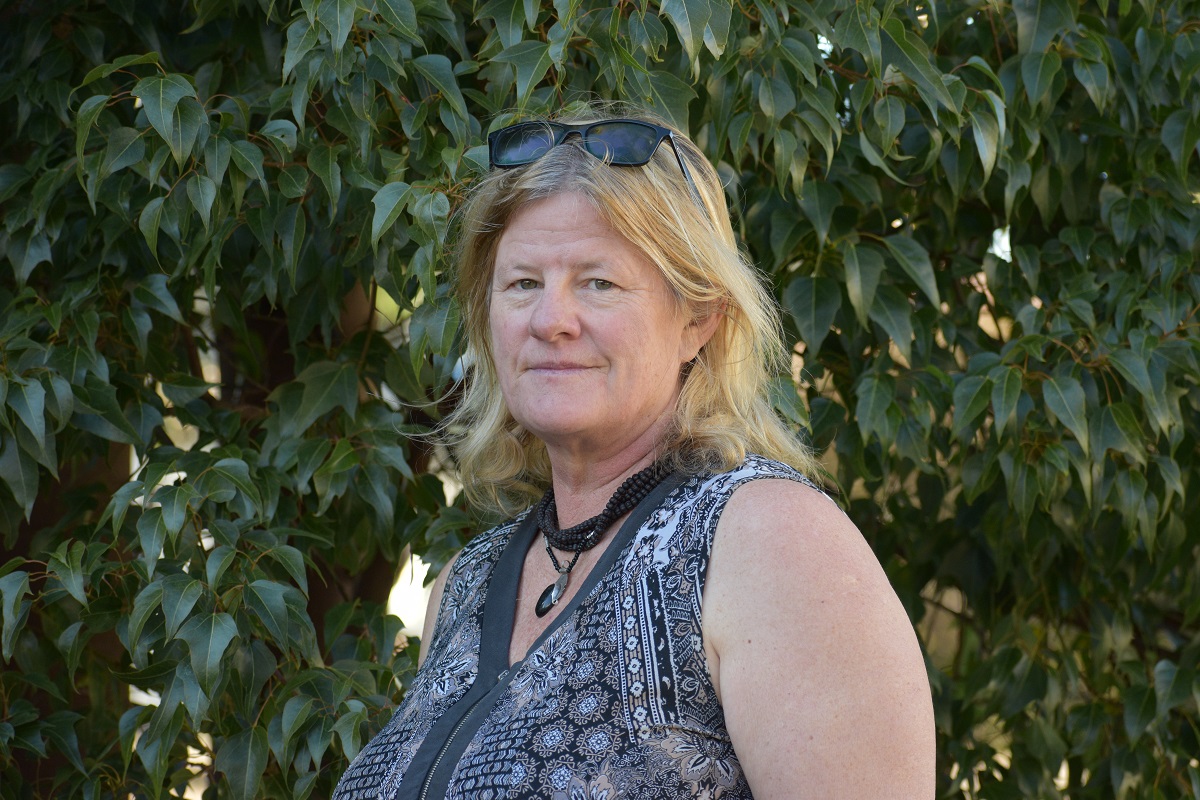Environmental Influence
Bulbine Lilies at UC: a reminder of the bounty of nature
Out the back of Building 22/23 on the University of Canberra campus, through the big glass doors that frame the space around Retro Café, is a scruffy patch of straggly eucalypts and grass.
Look again this spring, and you will see that it has become a dense swathe of Bulbina bulbosa – 'Bulbine Lilies' or 'Native Onions'.
Their tall stems topped with yellow flowers signal that there is edible treasure below, long valued by traditional Aboriginal food gatherers across South East Australia – a corm rather than a true bulb, high in calcium and iron.

This patch is not alone at UC, and across Canberra and beyond there are now swathes of wildflowers the like of which we haven't seen for some time.
Among these beauties is a great array of nutritious tubers, the likes of which can be gathered from the Yam Daisy, Early Nancy, Chocolate Lily and many of the local orchids.
This spring has given us a glimpse of a time past when the landscape, at least in good seasons, was cloaked in a bountiful feast.
However, I'm not suggesting you bypass the cafe and start digging for your lunch – local eateries have had a tough year, so please support your local! And certainly, I wouldn’t suggest experimenting with any wild-growing foods without the appropriate knowledge.
I’m a farmer as well as an Assistant Professor at UC, and when I look out my window at home, it’s a joy to see the land bursting with life, seeing as how we’ve been in drought for so long, and after the disasters of the bushfires and COVID-19.
It’s an incredible gift.
I also find myself wondering what this landscape would look like seen through the eyes of people being nourished by it, as the Aboriginal and Torres Strait Islander peoples have been.
Aunty Ros, Elder in Residence at the UC, notes that the Ngunnawal people – and all Indigenous people around the globe – have their own native plants that belong to each region. She says that plants like Bulbine Lilies are an important hallmark of caring for country – native plants especially work in complementarity to care for and nurture each other.
So, what I am saying is: come past and marvel.
Pause to consider our forward challenge to rethink food, so that we can support biodiversity, celebrate Indigenous knowledge and champion local produce and suppliers.
And as Aunty Ros says, we need to acknowledge climate change and its impact on these plants, and ensure we work continuously to address it.
This spring, I am truly reminded of how much I look forward to exploring the richness of cultural and food diversity in some of the work we’re doing here at UC.
Text and photo by Ro McFarlane, additional reporting by Suzanne Lazaroo and Elly MacKay.
Read more about research on the Future of Food at the University of Canberra, in UnCover Magazine 2020-2021.
